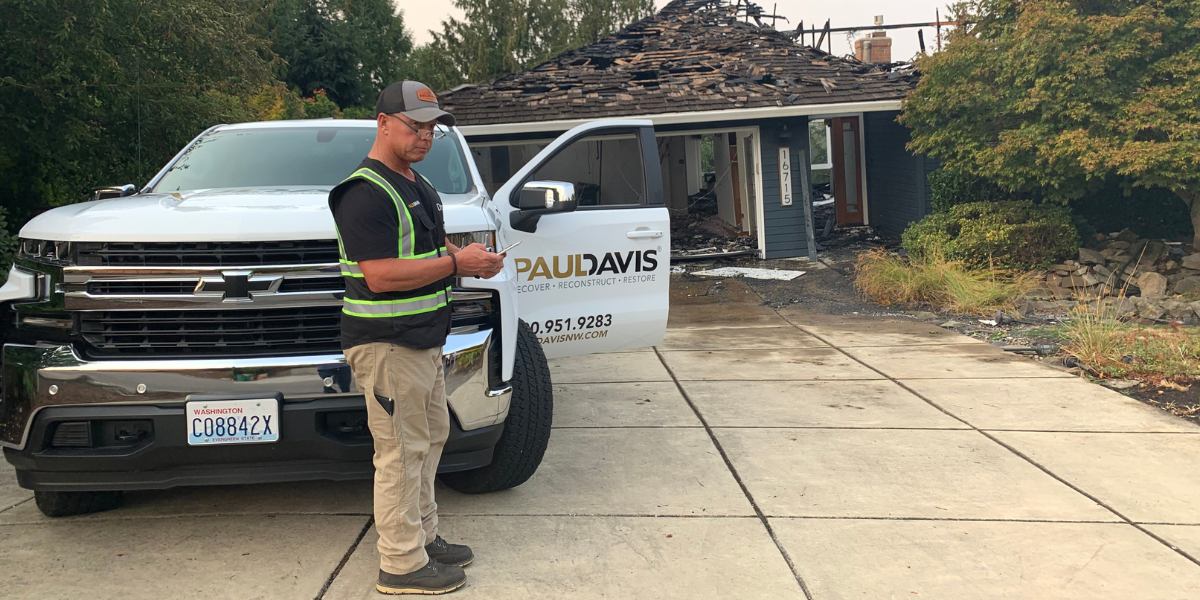By: Joel G Solis
Oil well services have experienced notable changes in the oil and gas industry. This article delves into oil well services’ progression and influence on the industry, from historical roots to cutting-edge technologies. Learn how automation, advanced drilling methods, and modern technologies are reshaping oil well management, enhancing efficiency, minimizing environmental impact, and optimizing cost-effectiveness. Consider joining Joel G Solis in exploring the obstacles, remedies, and prospective trends within the industry.
What are Oil Well Services?
Oil well services encompass various projects and technologies for exploration, drilling, and production optimization. These services are crucial for efficient operations and long-term sustainability within the energy industry. They play an essential role in oil extraction, increasing yields and extending well lifespans. Leveraging expertise and experience, specialists like Joel G Solis have significantly improved safety and efficiency.
Evolution of Oil Well Services
Through innovation and technological progression, the industry has transformed dramatically. Starting with manual drilling techniques, state-of-the-art methods automate operations to elevate productivity and efficiency.
Historical Background and Advancements
The history of oil well services dates back to crude methods done by manual labor. Technological breakthroughs, modernized extraction, and automated work. In 1858, “Colonel” Edwin Drake drilled the first commercial oil well near Titusville, Pennsylvania, commencing the petroleum age. This sparked revolutions in rotary drilling and hydraulic fracturing. Successive innovations transformed extraction profoundly.
Modern Technologies in Oil Well Services
Present-day techniques leverage data and machines to elevate industry standards. Analytics and automation optimize processes, prioritizing sustainability and recouping. Robotics now conducts hazardous interventions autonomously.
Automation and Robotics
Predictive maintenance and real-time surveillance through artificial intelligence minimize downtime, boosting productivity. These technological triumphs revolutionized traditional operations, automating tasks once dependent on manual labor. Oil enterprises flourish through integrated systems that elevate safety and efficiency.
Advanced Drilling Techniques
Oil well services have undergone substantial changes due to advanced drilling techniques, which have enabled precise drilling, production maximization, and enhanced strategies for oil retrieval. A notable development in drilling techniques is utilizing horizontal drilling. This process involves drilling wells laterally through reservoir rock layers, allowing increased contact with oil-bearing formations. This results in higher production rates and improved extraction of oil resources. Furthermore, integrating sophisticated technologies for imaging wellbores, like three-dimensional seismic and electromagnetic imaging, has empowered operators to visualize subsurface reservoirs more comprehensively and strategize drilling paths with greater precision.
Benefits of Modern Oil Well Services
The various advantages provided by modern oil well services include:
- Increased productivity
- Considerable financial savings
- Reduced environmental impact
- Long-term sustainability
These benefits highlight the importance of incorporating modern techniques and technologies within the petroleum and gas sector.
Efficiency and Cost Savings
Modern oil well techniques provide remarkable advantages, including heightened proficiency and cost savings—factors that synergize processes, amplify outcomes, reduce maintenance expenses, and boost operations. Organizations can identify significant cost savings and increase operational productiveness by refining approaches and incorporating cutting-edge advancements. Utilizing technology to achieve operational excellence enables the tracking of performance, predictive servicing scheduling, and information analytics. These innovative enhancements streamline functions and help uncover potential issues before they escalate, reducing downtime and preventing expensive repairs.
Environmental Impact
Current well techniques strongly emphasize environmental impact and sustainability by incorporating well-stimulation methods and eco-friendly practices to minimize the industry’s footprint. By adopting green technologies, companies can effectively reduce their environmental impact while simultaneously addressing the increasing needs of the energy sector. This shift towards environmentally conscious practices involves using advanced well-stimulation methods like hydraulic fracturing with limited repercussions. Key initiatives involve using biodegradable fracking fluids and enhancing water recycling processes. Additionally, there is an emerging trend in the industry towards exploring alternative energy sources. Companies are actively working towards minimizing disruptions through careful planning and consistent tracking.
Challenges and Solutions in Implementing Modern Oil Well Services
While the latest oil well technologies provide numerous benefits, their adoption presents unique challenges that operators must address. These involve adjusting workforces to new tools and ensuring that safety measures can manage risks. Through developed remedies and precautions, companies can navigate obstacles and unlock the potential of modern oil well technologies.
Adapting to New Technologies
Adapting workforces to innovations presents a notable challenge for oil well service carriers, requiring persistent training programs and skill development initiatives to provide personnel with the required know-how. Through investments in research and industry collaborations, organizations can proactively situate themselves ahead of technological curves and leverage cutting-edge solutions. This is paramount in an industry characterized by constant changes, where the skillful utilization of technological advancements can provide a competitive edge.
Addressing Safety Concerns
Safety priorities remain pivotal for corporations aiming to execute operations soundly. Upholding safety standards, respecting the environment, adhering to protocols, and ensuring compliance comprise this focus. Companies can mitigate risks and optimize performance by advocating for safety and environmental issues. Incorporating comprehensive safety measures plays a strategic role in streamlining functions. Developing a safety-first mentality nurtures accountability and responsibility, leading to heightened productivity alongside decreased downtime from accidents or incidents. Strict adherence to regulations assists in building trust among stakeholders and the community.
The Future of Oil Well Services
The future for oil well services seems promising. Proposed developments and breakthroughs are anticipated to propel the industry forward. By synchronizing with trends and addressing emerging hurdles, the field is positioned for continued expansion in meeting global needs.
Predicted Advancements and Innovations
Anticipated advancements and innovations are expected to tackle industry obstacles, satisfy global needs, and stimulate sustainable growth. Corporations can position themselves at the vanguard and capitalize on emerging opportunities by adopting cutting-edge technologies and building industry partnerships. These evolutions are reshaping the landscape of oil well services, with automation and data examination playing pivotal roles in boosting operational efficiency and productivity.
Published by: Holy Minoza










